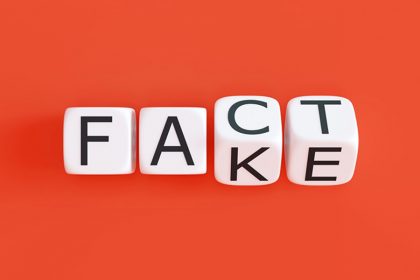Hi readers
Live Science on October 16th, 2024, published a story by Emly Cooke: a health news writer based in London saying,
“a molecule found in spider venom can reverse tissue damage after heart attack but, only the clinical trial will test whether the laboratory made molecule found in spider venom can do this?
Please read thew full story at
The drug candidate discovery was first made by Dr Nathan Pal Pant and his team from the University of Queensland (UQ) and Professor Peter Macdonald from the Victor Chang Cardiac Research Institute under the title “Repairing Hearts with deadly spider venom” and was reported on July 16th, 2021. Pl. read the complete story at the following lank.
After a heart attack, blood flow to the heart is reduced, resulting in lack of oxygen to heart muscle which causes the cell environment to become acidic that send a message for heart cells to die.
“Despite decades of research, no one has been able to develop a drug that stops this death signal in heart cells, which is one of the reasons why heart disease continues to be the leading cause of death in the world.”
Now when the drug is finally made from spider venom, it is being tested in Australia to see if it reverse the tissue damage caused by a heart attack?
The molecule in the spider venom is a small protein called Hi1a (a complex biological drug with neuroprotective and cardioprotective properties. It inhibits acid-sensing ion channel 1a (ASIC1a), which can reduce cell death caused by lack of oxygen that mimic the one made by Australian funnel-web spiders. It works by preventing heart tissue from becoming too acidic during a heart attack. Please read the details in the following link
It is hoped that the first of its kind drug named Hi1a will directly treat tissue injury caused by heart attacks: said the research team in a statement.
The statement further revealed that the drug will initially be developed for use in hospitals with the aim that one day it could also be administered by first responders, the team told Live Science in an email.
First responders often includes firefighters, paramedics, and police officers and other trained members of an organizations who provide professional assistance during an emergency (e.g. military personnel and public safety communicators
The team further said that optimal timing to give the drug after a heart attack is not yet known, but the authors is not certain “if the drug can be delivered quickly”.
Hi1a could also be used to increase the number of donor hearts available for transplantation. For example, Hi1a could protect donor hearts from damage that occurs during the retrieval process.
Hi1a targets a tiny passageway called acid-sensing ion channel 1a (ASIC1a), which allows substances to move in and out of cells throughout the body including the circulatory system. During a heart attack, heart muscle cells stop receiving oxygen due to a reduction in blood flow. This lack of oxygen triggers a cellular chain reaction that activates ASIC1a channels on the surface of heart muscle cells. With ASIC1a channels open, charged molecules flow in and make heart tissue too acidic. This causes the tissue to die and ultimately the death of the patient.
If the initial trial in humans is successful, the research team will move on to larger trials. They’ll use these later trials, known as Phase II and Phase III, to further determine the safety and efficacy of the drug in a wider range of people.
However, clinical trials take many years to complete, so it will be a while before Hi1a is available to patients, if at all. So far, the only cardioprotective drug to make it to a Phase III clinical trial was not approved because it led to strokes.
Dear readers, keep your figures crossed and hope that one day we will have the ultimate safe drug to treat heart patients and humanity at large.
See you next week. Take care.,
Bye





